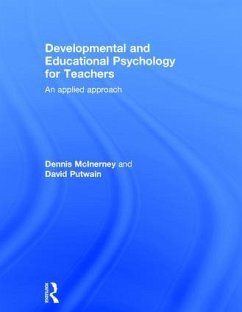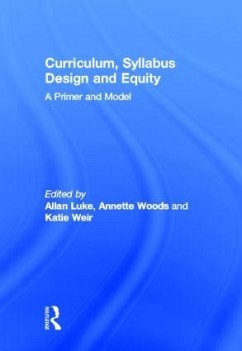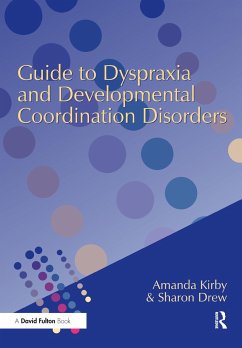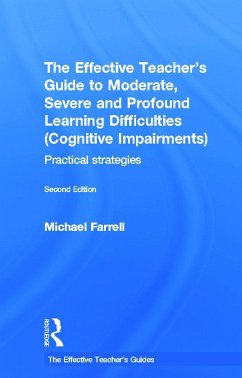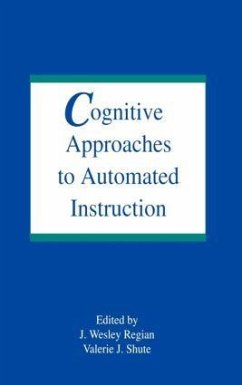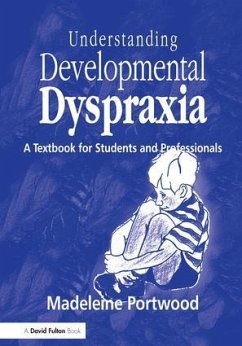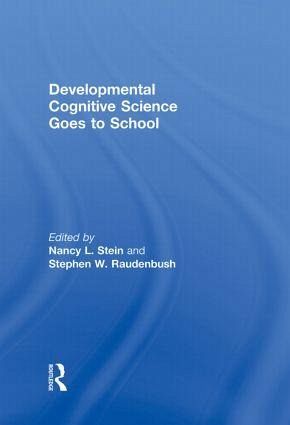
Developmental Cognitive Science Goes to School
Versandkostenfrei!
Versandfertig in 1-2 Wochen
213,99 €
inkl. MwSt.
Weitere Ausgaben:

PAYBACK Punkte
107 °P sammeln!
This book addresses core issues related to school learning and the use of developmental/cognitive science models to improve school-based instruction. The contributors comprise a veritable "who's who" of leading researchers and scientists who are broadly trained in developmental psychology, cognitive science, economics, sociology, statistics, and physical science, and who are using basic learning theories from their respective disciplines to create better learning environments in school settings. Developmental Cognitive Science Goes to School: presents evidence-based studies that describe model...
This book addresses core issues related to school learning and the use of developmental/cognitive science models to improve school-based instruction. The contributors comprise a veritable "who's who" of leading researchers and scientists who are broadly trained in developmental psychology, cognitive science, economics, sociology, statistics, and physical science, and who are using basic learning theories from their respective disciplines to create better learning environments in school settings. Developmental Cognitive Science Goes to School: presents evidence-based studies that describe models of complex learning within specific subject-area disciplines focuses on domain knowledge and how this knowledge is structured in different domains across the curriculum gives critical attention to the topic of the ability to overcome errors and misconceptions addresses models that should be used to begin instruction for populations of children who normally fail at schooling. This is a must-read volume for all researchers, students, and professionals interested in evidence-based educational practices and issues related to domain-specific teaching and learning.




